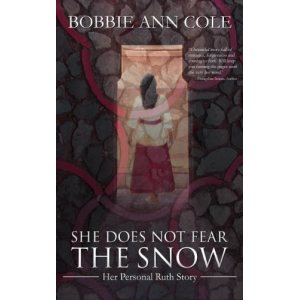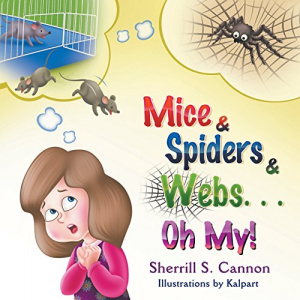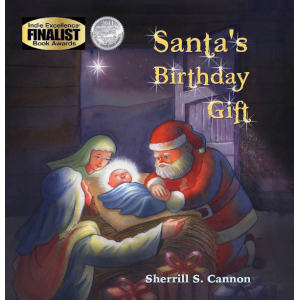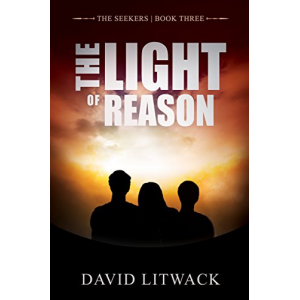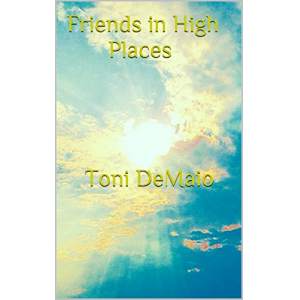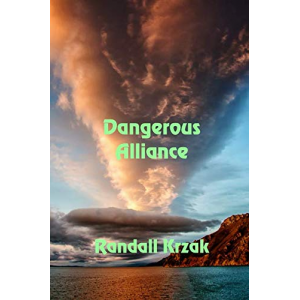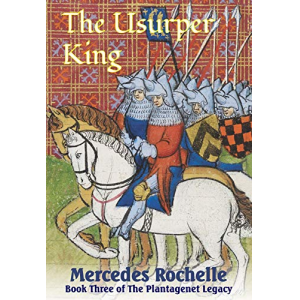- Author
- Book
- Story behind the book
- Media Links
- Reviews
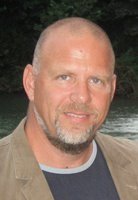
Mike Wells
About
For me, there's nothing more exciting than putting someimaginary character into an unusual situation and seeing what happens next. I don't write fromoutlines, so I never know how a story will turn out until I actually arrive theremyself. Thisis what gets me up in the morning and keeps me clicking away at the keyboard. And, hopefully, this is what keeps readers turning the pages.
I've been writing fiction most of my life, and much of themoney I've made in other ways has financed my writing career. I've been lucky enough to travel to manydifferent parts of the world--I've lived for extended periods in Russia, Holland,France, Cyprus, Latvia, and Aruba. I'vehad some bizarre experiences in those exotic locales and haveincorporated a few of them in my stories.
I write mostly thrillers and suspense novels, for adults andyoung adults. I suppose I am a hopeless romantic, as there is always a love story woven into my novels (I've also heard that this makes books sell!) I've written a few other types of stories, too. "Cosmic Casanova," aromantic comedy, was translated into Russian and published serially in a popularwoman's magazine. I also penned a moviescript, “Art & Soul,” a dark romantic drama. This was optioned by the producer of “Paris,Texas," but never was never actually made into a movie. Similarly, I was contracted by a producer at LucasFilms to write the screen adaptation of“Forgotten Impulses,” a New York Times bestselling novel, but this script went into Hollywood's infamous "development hell" and has yet to see the silver screen.
Some of my books, particularly the young adult novels, are popular with non-native English speakers or people who are studying English as a second language (ESL). Wild Child has been incorporated into the reading curriculum of several high schools in Latvia, which came as a complete surprise to me. I'm told it's is due to my clear, simple writing style--students of English say my stories are easy to follow, and that they can relate to the issues and situations I explore.
Originally from Nashville, Tennessee, USA, I earned degrees in engineering from Vanderbilt University, including a PhD. I've taught at Vanderbilt, OxfordBrookes, Queen Mary University London, University of Warwick, and CityUniversity London.
I currently live in the UK and teach in thecreative writing program at the University of Oxford.
At the moment, I'm very excited about growing popularity of ebooks. This new technology has brought many new benefits to writers and readers alike. For writers, it's now possible for us to have fast, direct contact with readers, which is great for feedback and getting to know the people who read our books. For readers, there are many benefits was well--ebooks are cheaper and easier to carry around that paper-printed books, and the process of buying them is much faster and more convenient.
Right now I'm putting a lot of time and energy into converting everything I've written to ebook format so that it can be read on electronic readingdevices such as the Amazon Kindle, Barnes & Noble Nook, Sony Stanza, aswell as Palm and Apple (iPad, iPhone, iPod, etc.) devices.
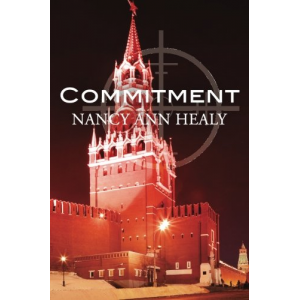
Commitment
Description
<p>It’s hard to be committed to anyone when you don’t know whom to trust.</p><p>Alexis Toles, a former FBI agent turned undercover CIA agent, is quickly finding that out in Nancy Ann Healy’s newest political thriller, <i>Commitment</i>.</p><p>Alex embeds in a secret organization of intelligence operatives known as The Collaborative. Its partners include operatives from the CIA, National Security Agency, FBI, US Department of Defense, and an entanglement of foreign intelligence agencies.</p><p>It’s about half a year after the death of President John Merrow, a friend and someone she respected. But she remains committed to overthrowing The Collaborative as she works with a onetime adversary who believes the organization’s involved in the president’s death.</p><p>Meanwhile Alex; her wife, Cassidy O’Brien; and Cassidy’s son try hard to live as a family but must first overcome personal struggles, including a nasty custody battle with Cassidy’s ex-husband, Congressman Christopher O’Brien. The family has their own share of secrets that, if unleashed, could affect their hopes for the future.</p><p>There’s no place to turn without discovering people who are not who they claim to be. That can’t stop Alex. She must remain committed to the cause, both at home and as she works against The Collaborative.</p>
